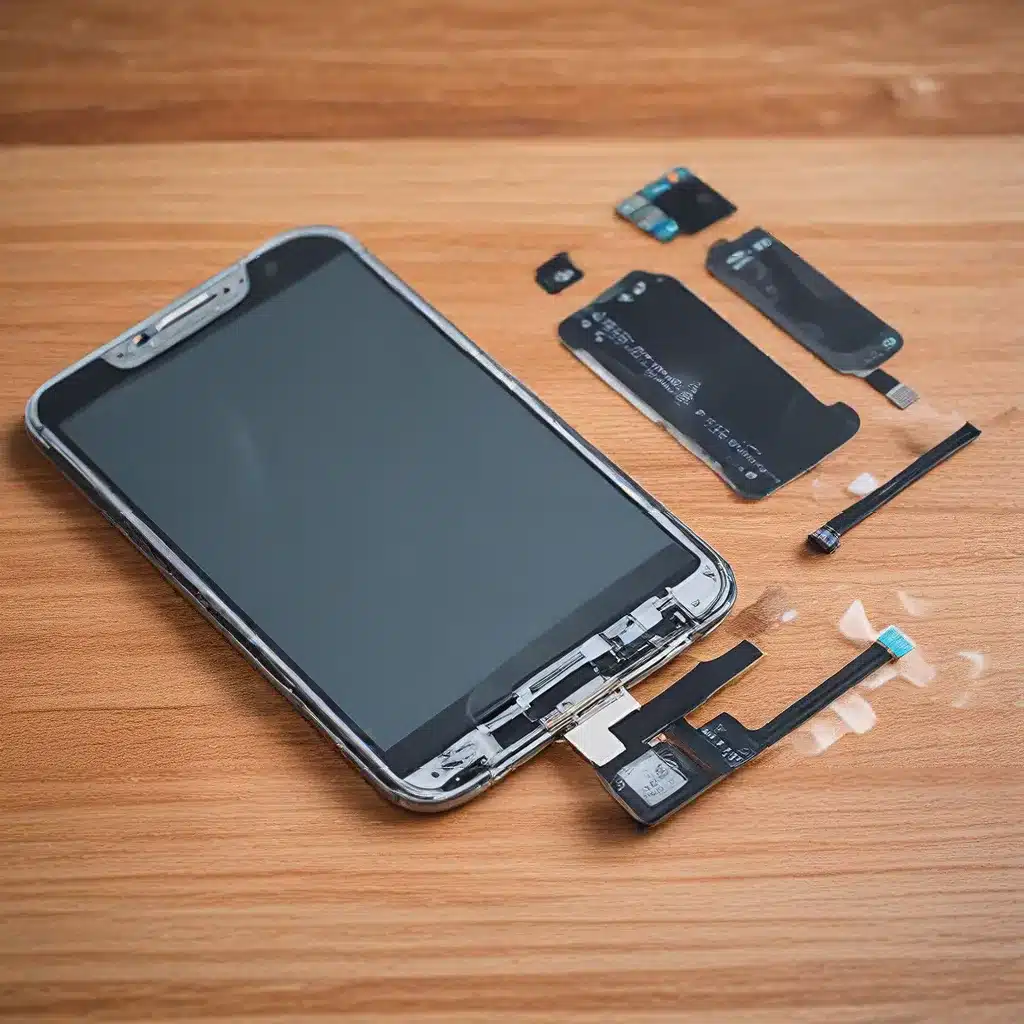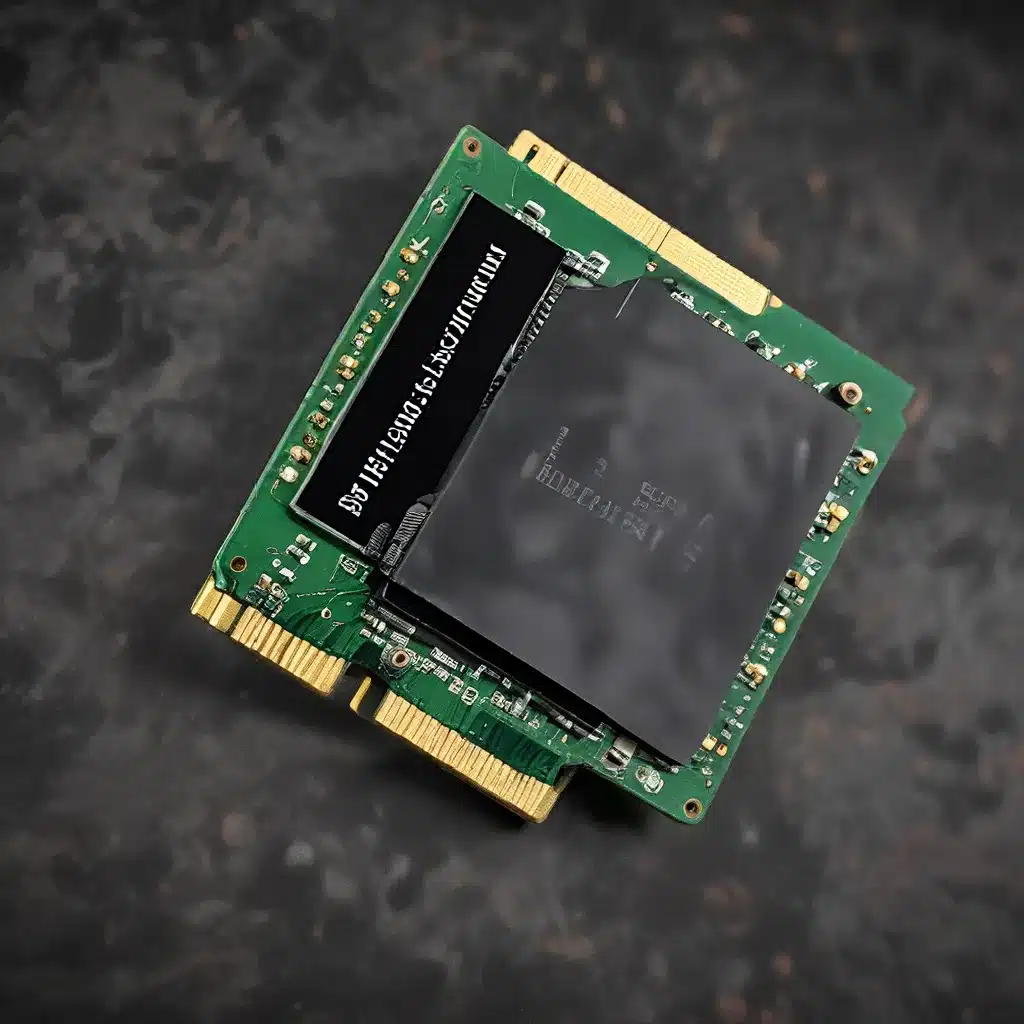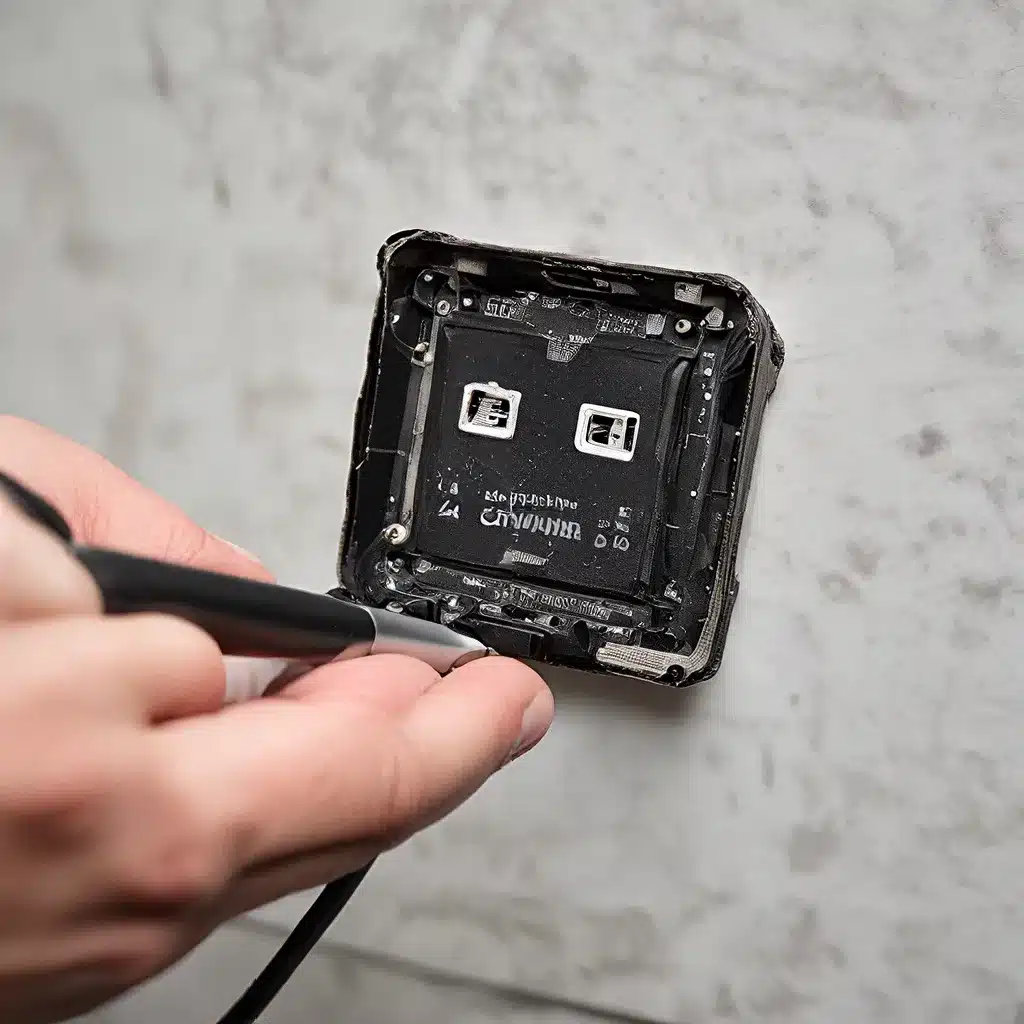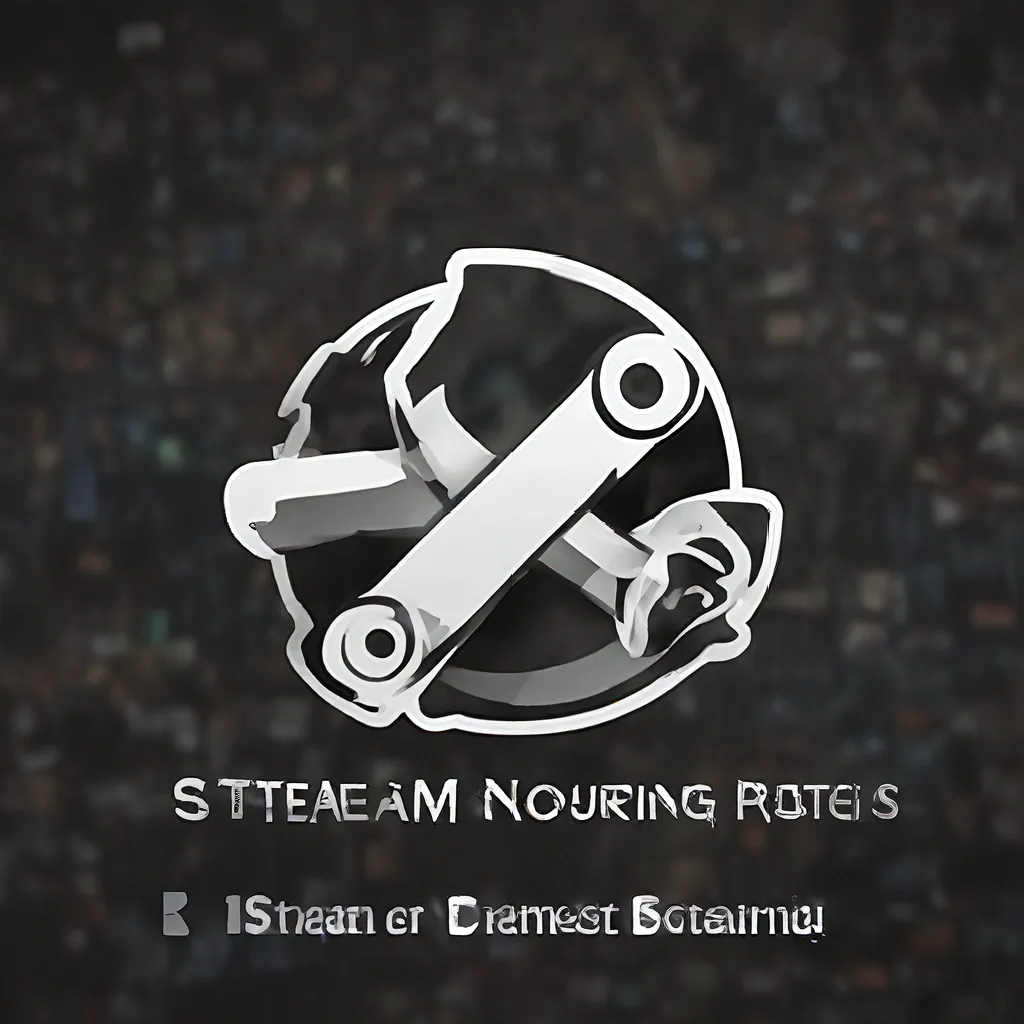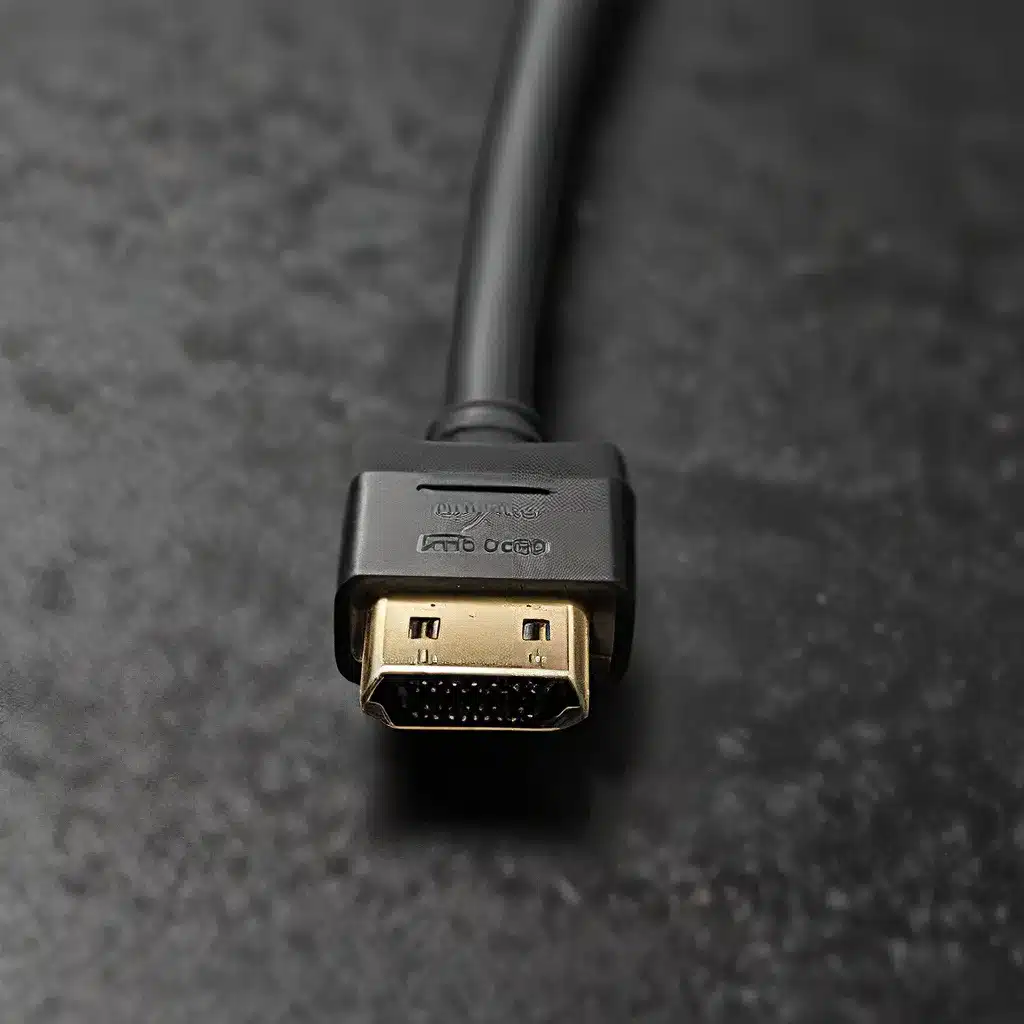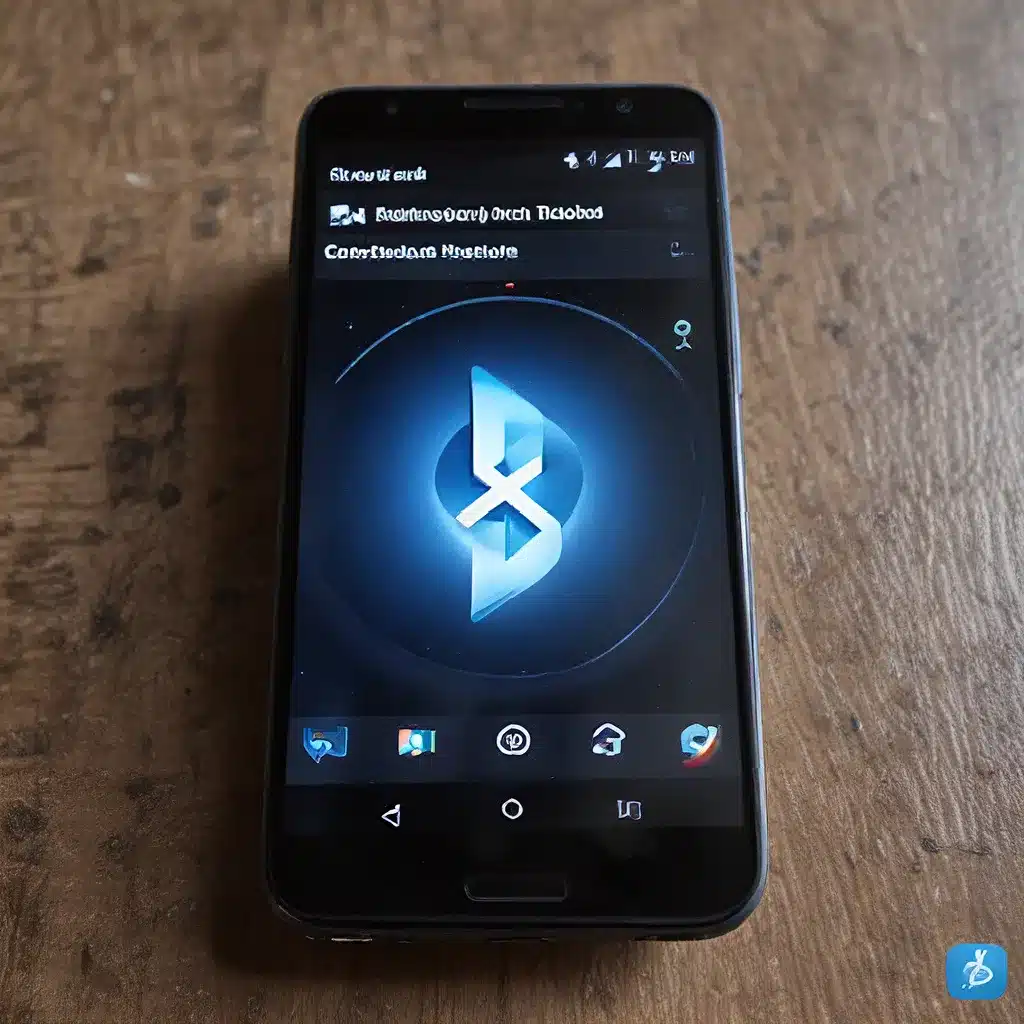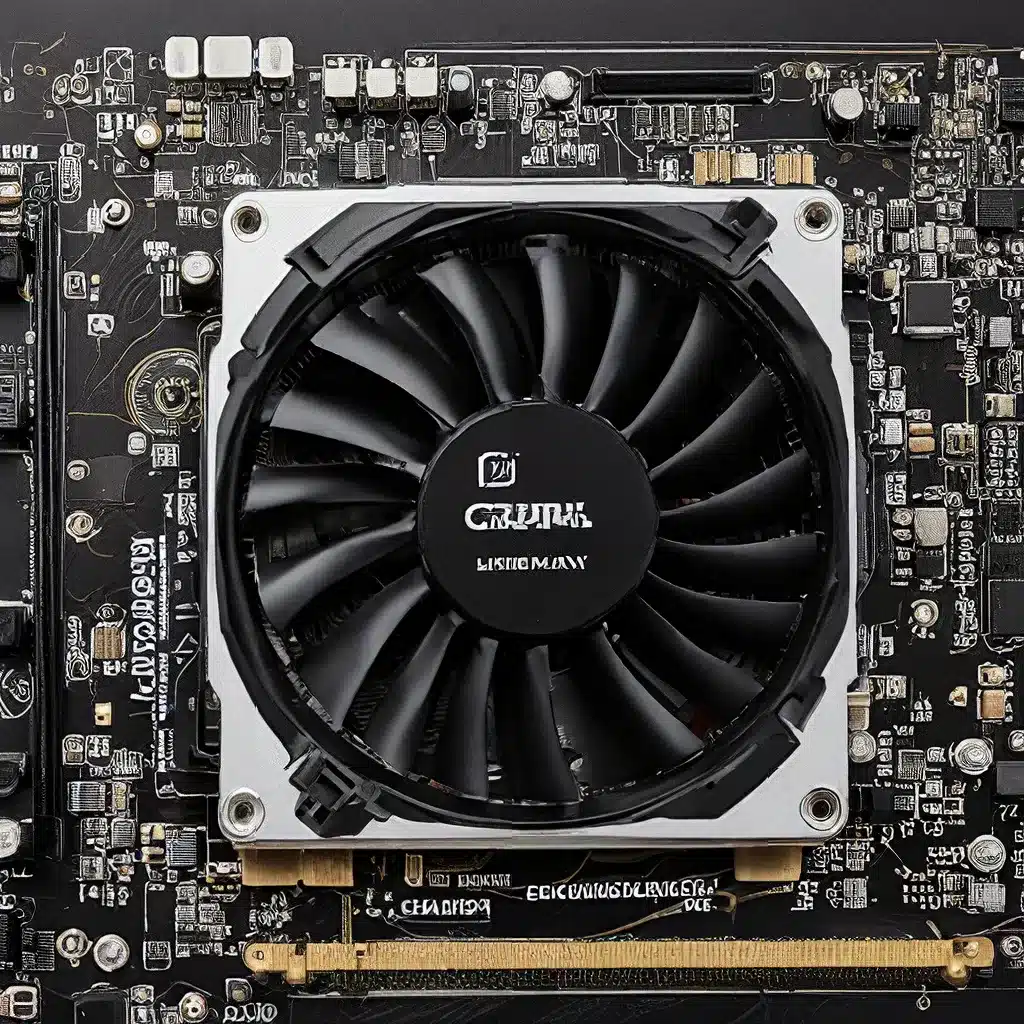The Smartphone Revolution: A Glimpse into Tomorrow’s IT Landscape
I’ll never forget the day my smartphone transformed from a mere communication device into a portal to a brave new world. It happened innocuously enough – I was trying out a new app that claimed to measure ambient noise levels. Little did I know this simple act would open my eyes to the incredible potential of smartphones to reshape the future of IT services.
As I calibrated the app and started taking sound readings around my office, I was amazed by the insights it provided. Not only could I monitor noise levels in real-time, but the app also offered personalized recommendations on how to protect my hearing health. It was like having a personal audiologist in my pocket! This was just the tip of the iceberg, though.
Smartphones are now empowering us to take control of our hearing care in ways that were unimaginable just a decade ago. From comprehensive hearing tests to smart earplugs that preserve audio quality, the convergence of mobile tech and auditory health is disrupting a traditionally clinical industry. And this is just the beginning.
Smartphone Superpowers: Redefining the IT Landscape
As I dove deeper into the world of smartphone innovations, I was floored by the sheer breadth of their impact on the future of IT services. These pocket-sized powerhouses are reshaping everything from cloud computing to artificial intelligence (AI) and beyond.
According to McKinsey, the rapid advancements in mobile technology are driving a “centrifugal force” that’s pushing innovation to the fringes of organizations. Smartphones are empowering front-line employees, domain experts, and even citizen developers to become cocreators of IT solutions, rather than mere consumers.
Gone are the days when the IT department could dictate and control the technology landscape. Smartphones have democratized access to powerful tools like low-code/no-code platforms, cloud services, and AI-driven analytics. As a result, innovative ideas are sprouting up across the organization, challenging the traditional IT gatekeepers.
A Tale of Two Transformations: Empowering the Edge and Redefining Trust
This shift in power and innovation is forcing a profound transformation within the IT function itself. No longer can IT professionals cling to their role as the central authority on all things tech. Instead, they must evolve into enablers and influencers, equipping the rest of the organization with the tools and platforms to unleash their creative potential.
In the hospitality industry, for example, we’re seeing restaurants and hotels empower their frontline staff to build custom applications using low-code/no-code tools. These “citizen developers” are solving real-world business problems with agility and creativity that would have been unimaginable in the traditional IT-driven model.
But with this decentralization of innovation comes a new set of challenges around trust and security. As smartphones become ubiquitous gateways to sensitive data and critical systems, IT teams must expand their purview beyond mere infrastructure management. They now need to take on the mantle of enterprise-wide trust stewards, ensuring the ethical and responsible use of technologies like biometrics, AI, and the Internet of Things.
Smartphone-Powered IT: A Future of Continuous Learning and Adaptive Innovation
The pace of technological change shows no signs of slowing down. According to McKinsey, we can expect more progress in the next decade than in the past 100 years combined. And smartphones, with their unparalleled computing power and connectivity, will be at the forefront of this revolution.
To thrive in this dynamic landscape, IT professionals must embrace a mindset of continuous learning and adaptive innovation. Gone are the days of linear career paths and siloed specializations. The IT organization of the future must become a master of “LearnOps” – integrating learning experiences seamlessly into the workflow and empowering teams to experiment, fail, and learn at the speed of business.
Just as smartphones have democratized access to information and tools, the IT function must democratize access to knowledge and skills. By breaking down capabilities into modular, reusable “skills snippets,” IT can equip the entire organization, from citizen developers to seasoned engineers, with the means to adapt and innovate on-the-fly.
Smartphone-Powered IT: The Gateway to a Brighter Future
As I reflect on my journey of discovering smartphone innovations and their impact on the IT landscape, I can’t help but feel a sense of excitement and optimism. These pocket-sized marvels are not just communication devices – they are catalysts for a profound transformation in the way we think about technology, business, and the very nature of work.
The future of IT services, as shaped by smartphone innovations, is one of empowerment, adaptability, and trust. By embracing this new reality, forward-thinking organizations can position themselves at the forefront of a digital revolution that promises to unlock unprecedented levels of creativity, efficiency, and customer-centricity.
So, the next time you pick up your smartphone, I encourage you to consider the boundless possibilities it holds. Who knows, it just might be the gateway to your organization’s next big breakthrough. After all, the future of IT services is being written one app, one innovation, one smartphone at a time.


